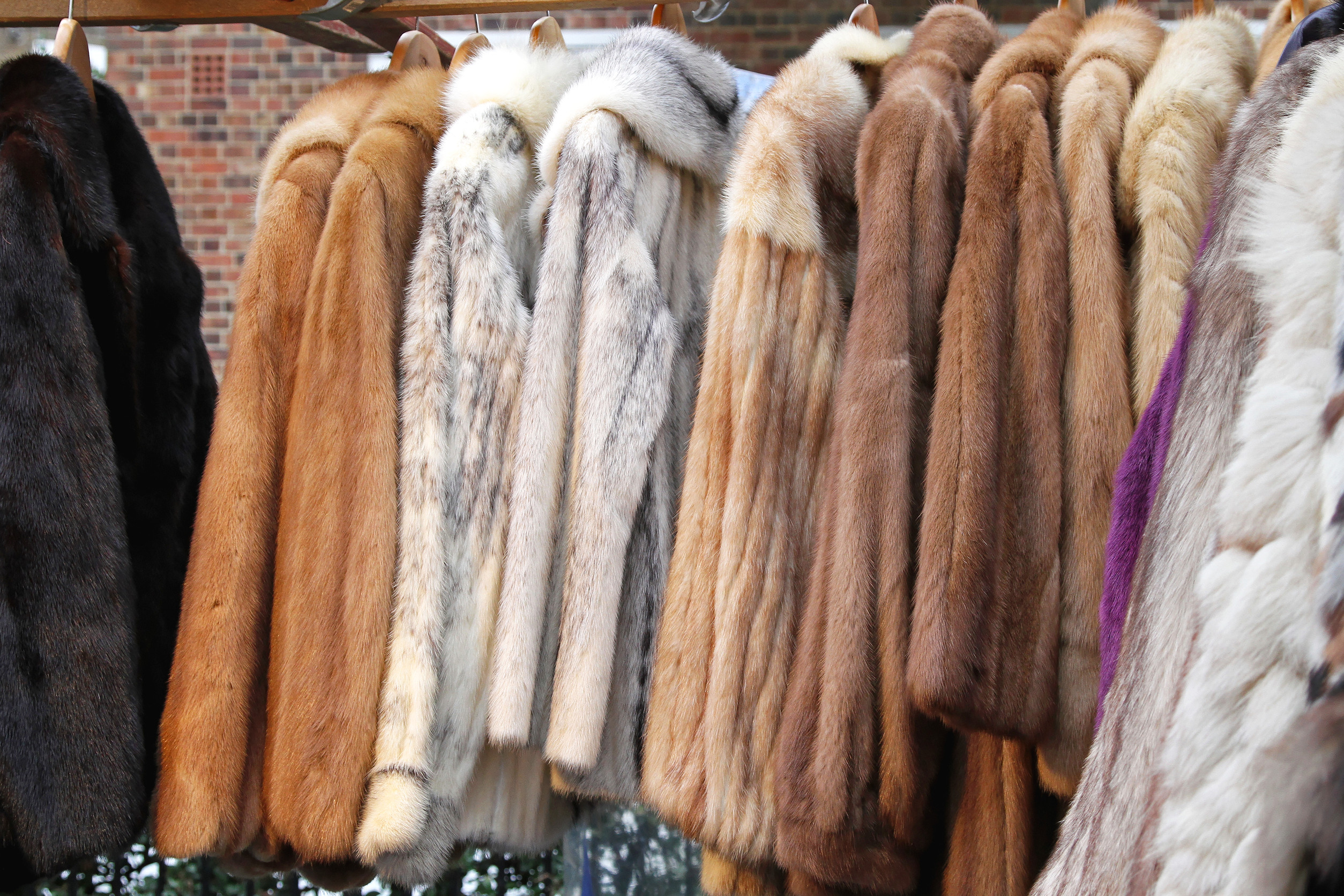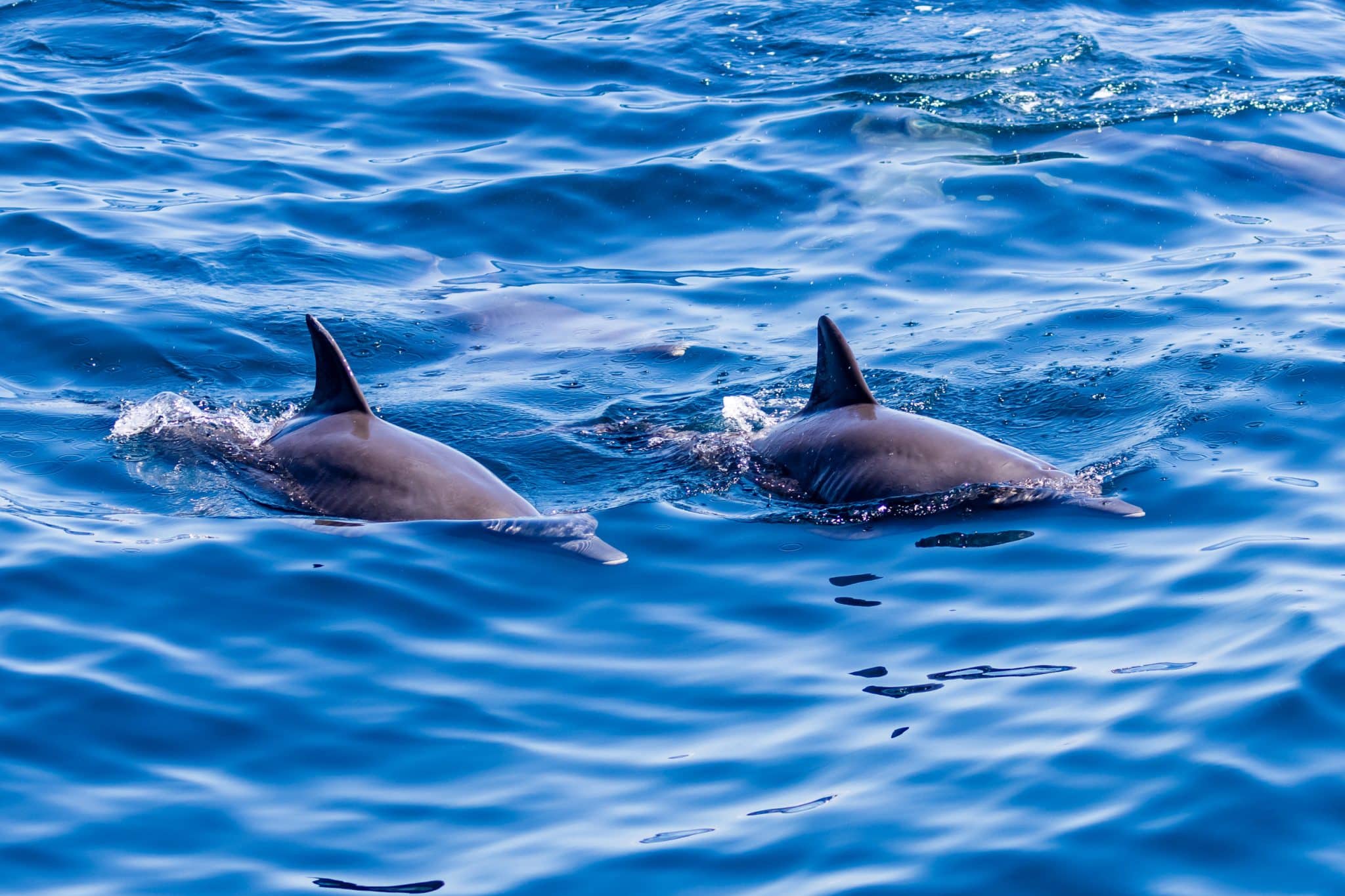Image Credit: Baloncici/123rf.com
Norway has officially ended fur farming, a significant milestone for animal welfare advocates and a decisive step towards ethical treatment of animals. Once home to nearly 300 fur farms, Norway has phased out the industry entirely, with the last remaining farmers ceasing operations ahead of the February 2025 deadline. This decision places Norway among a growing number of nations that have deemed fur farming an outdated practice.
For decades, fur farming was a prominent part of Norway’s agricultural sector, with minks and foxes raised in small cages for the luxury fashion market. However, increasing public awareness of the ethical implications surrounding fur farming, alongside compelling evidence of animal suffering, propelled the movement against it. The decision to ban fur farming was formally made in 2018, initiating a transition period to assist farmers in adapting to new livelihoods.
The push to end fur farming in Norway stemmed from years of activism and changing societal attitudes. Investigations by animal welfare organizations highlighted the inhumane conditions on fur farms, revealing animals in distress and suffering from untreated injuries. Public sentiment shifted dramatically, with opinion polls by 2018 indicating broad support for a ban on the practice. A petition advocating for the ban gathered 35,000 signatures, further intensifying public and political momentum against fur farming.
Norway’s ban reflects a fundamental ethical debate regarding the justification of animal suffering for fashion. Investigations revealed that fur-bearing animals were kept in confinement that deprived them of natural behaviors, leading to severe psychological distress. The Norwegian Veterinary Association concluded that raising fur-bearing animals was incompatible with humane treatment standards.
The transition away from fur farming is not without its challenges. The Norwegian government has implemented a compensation plan worth approximately $50 million to aid affected farmers in finding alternative sources of income. Some have shifted to different forms of agriculture or explored opportunities in tourism and renewable energy. However, some farmers have contested the adequacy of this financial support, leading to ongoing legal disputes.
This move aligns with a broader global trend, as several European countries, including the United Kingdom and Austria, have already banned fur farming. Additionally, the fashion industry is increasingly shifting away from fur in favor of sustainable and cruelty-free alternatives, reflecting changing consumer preferences.
Norway’s decision serves as a pivotal moment in the evolving conversation around animal rights and ethical practices in agriculture. By prioritizing animal welfare and making a commitment to end fur farming, Norway reinforces the importance of compassion in modern society.
Check out the original article here: Source link



